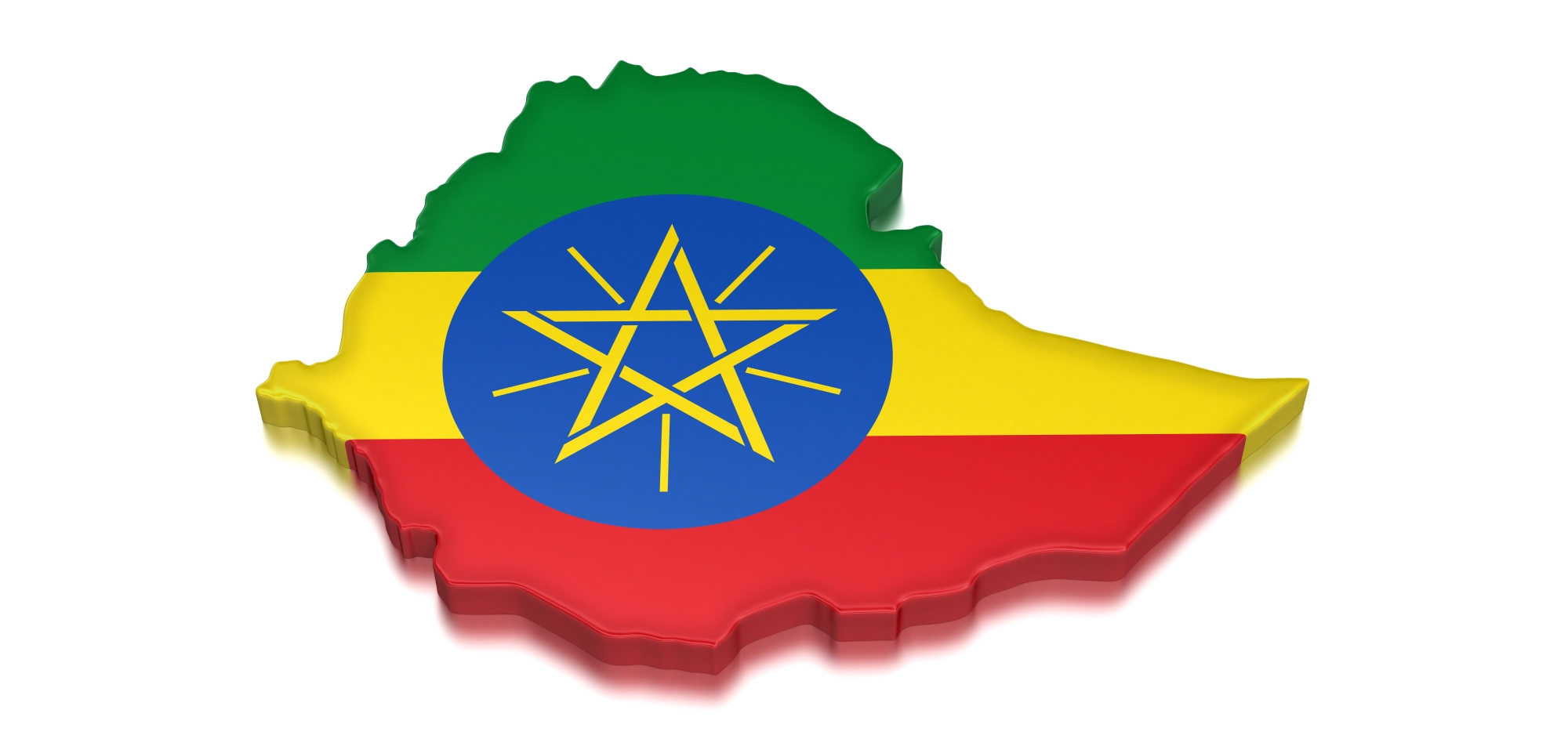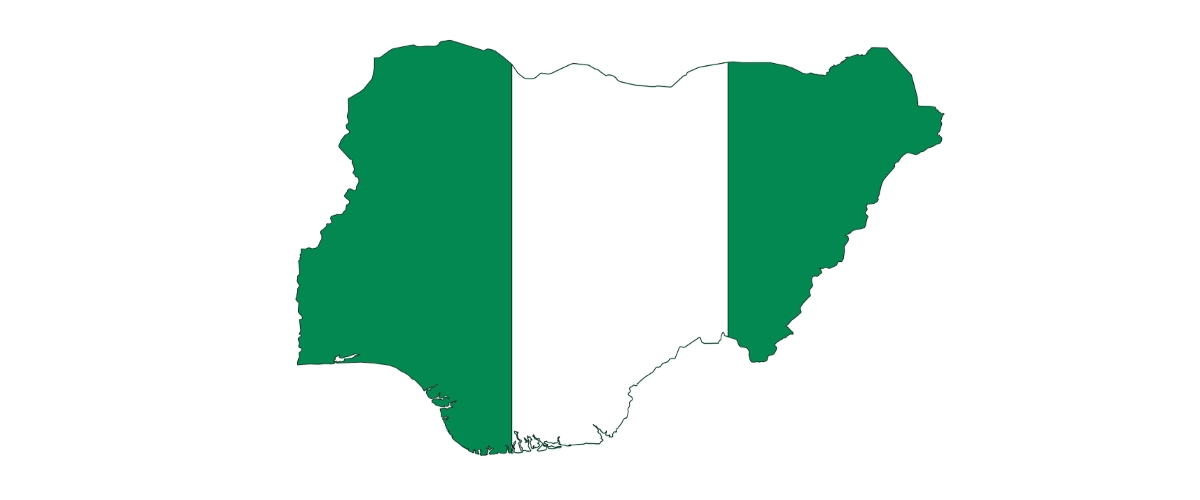Abstract
Somalia is a federal country with established Federal Member States (FMS). In the absence of a finalized constitution, a political settlement over power and resource allocation is lacking, leading to extra-constitutional negotiations. A nascent federal system with a provisional constitution poses major constraints on the functioning of the government and citizens’ trust. This includes inter alia the inability to provide services across the jurisdictions, conflict over limited resources, constrained human resources, election disputes, limited understanding of federalism, corruption, and clashes. A political settlement would help Somalia’s stabilization and sustainable development. The current political leaders have created avenues for political negotiations that help reach consensus on contentious issues. These avenues are laying the foundation for political dialogue, leading to compromise on many unresolved issues that are proving successful and a model for post-conflict settings.



